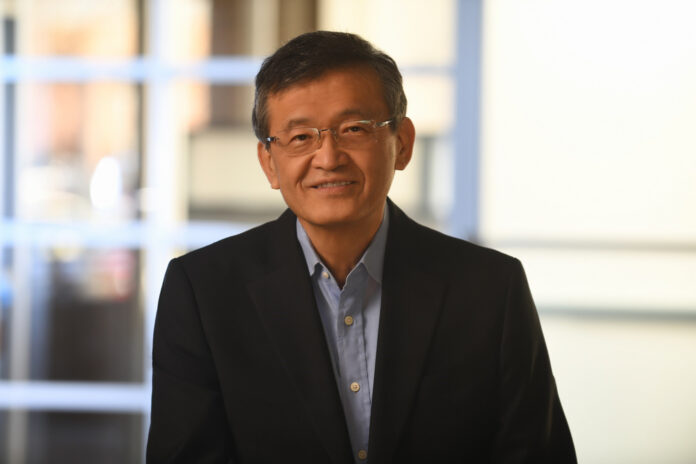Lip-Bu Tan, newly appointed CEO of Intel, the largest U.S. chipmaker, has extensive investment ties to China, including companies linked to the People’s Liberation Army, raising concerns among some investors about his ability to lead the company amid intensifying U.S.-China tensions.
Tan, a prominent figure in Silicon Valley and founder of Walden International, has invested over $200 million in hundreds of Chinese tech and manufacturing companies since 2012. He maintains control of more than 40 Chinese firms and holds minority stakes in over 600 others through investment vehicles like Walden International, Sakarya Limited, and Seine Limited.
Many of these ventures involve partnerships with Chinese government entities and state-backed funds based in tech hubs such as Hangzhou, Hefei, and Wuxi.
Some investors and national security experts worry that Tan’s deep and ongoing business connections to China could complicate Intel’s efforts to revive its competitiveness and fulfill its national security commitments. Intel, alongside Taiwan Semiconductor Manufacturing Co. and Samsung Electronics Co., is one of the three companies globally capable of manufacturing the world’s most advanced computer chips, and the only one based in the U.S.
Intel also holds a $3 billion contract with the U.S. Department of Defense and participates in other Pentagon chip initiatives.
Andrew King, a partner at Bastille Ventures, voiced strong opposition to Tan’s appointment, arguing that his business history made him unfit to lead a company with critical ties to the U.S. defense ecosystem. Despite the concerns, others have praised Tan’s decades of experience, highlighting him as a top choice for the role.
Stacey Rasgon, an analyst at Bernstein, described Tan as a “legend” in venture investing circles.
Although U.S. law does not forbid holding stakes in Chinese firms unless they appear on specific sanctions lists, the political sensitivity around military-linked investments is acute. Tan’s firm, Walden International, previously invested alongside China Electronics Corporation, a leading PLA supplier sanctioned by the Trump administration in 2020.
Walden also made significant early investments in Semiconductor Manufacturing International Corp (SMIC), China’s largest chip foundry, now under U.S. sanctions for military ties. Walden exited its SMIC stake in January 2021.
Intel said Tan had completed all required conflict of interest disclosures and stated it would handle any issues according to SEC regulations. The company declined to elaborate on the extent of Tan’s divestitures from Chinese entities.
U.S. regulations, including the Pentagon’s military supply chain restrictions, prohibit defense contractors from sourcing from firms linked to the Chinese military.
However, investing in non-blacklisted firms remains legal. The Defense Department and Intel’s board have not commented publicly on the matter.
As one of the earliest venture capitalists to invest in China’s tech boom of the early 2000s, Tan has long been a key player in shaping the Chinese semiconductor and tech industry. His deep network of investments and relationships built over decades now poses a complex challenge as he takes the helm at Intel, a company critical to American technological leadership and national security.




